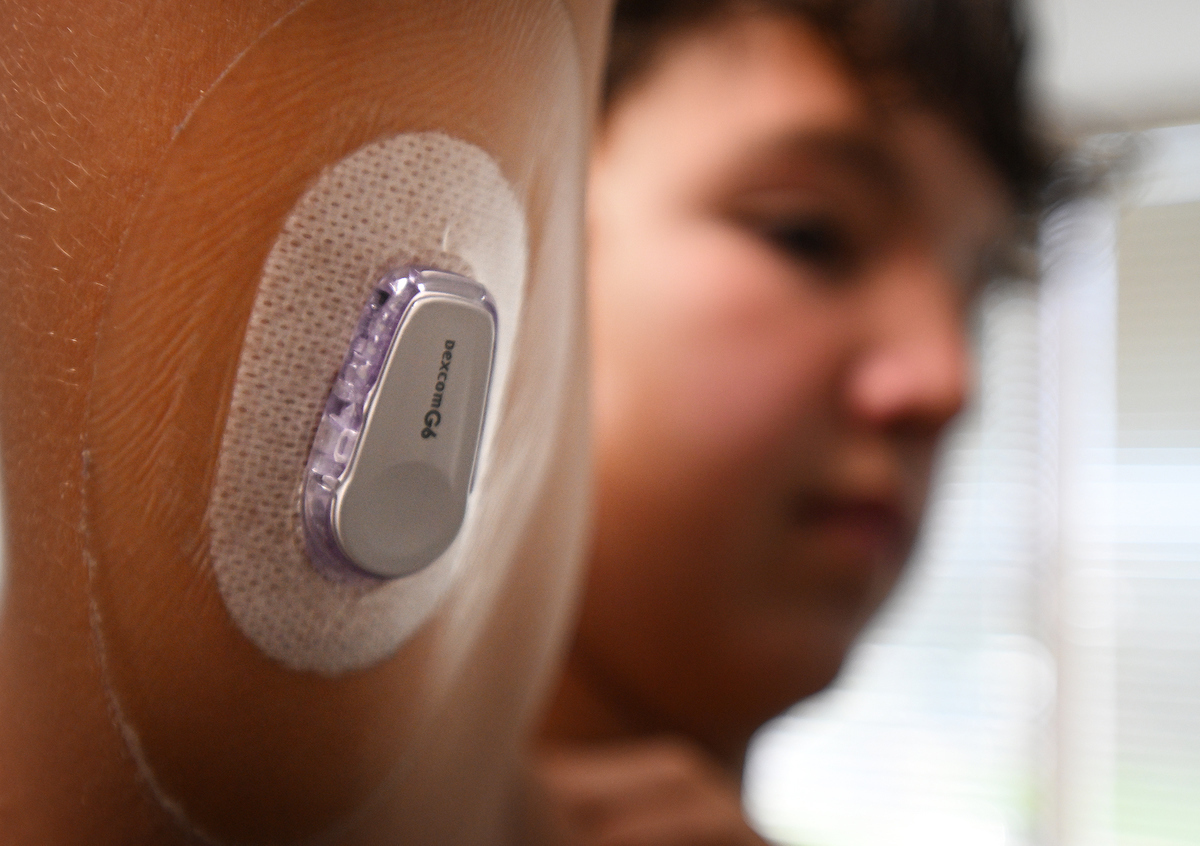Living with type 1 diabetes means we are constantly making decisions based on data. So, is there such a thing as too much data? I find the answer is, it depends.
Type 1 Diabetes Management and Anxiety
Often times, you don’t know what you don’t know. If you’ve been managing your type 1 using finger sticks, you only had data at a moment in time and made your decisions based on that moment. It’s a double-edged sword, right? On one hand you only had that one piece of data. On the other hand, you had little else to guide you. Your knowledge of the data was limited until your next finger stick.
So how do you know if your CGM is creating anxiety? One of the questions I ask clients or caregivers is how often are they checking data? Do they find themselves checking frequently or only when making dosing decisions? For some people, just the very mention of their CGM brings about a range of emotions. Your feelings about your own or your child’s CGM may be complex. What do you notice when you check your CGM? Are you finding yourself fixated on the number? Do you notice an increase in heart rate or blood pressure? Do you feel compelled to check again in five minutes? I often find that this constant checking leads to more checking and can create a cycle of anxiety and stress that results in data exhaustion and underlying anxiety.
Your anxiety and Your CGM
If you do find yourself struggling with “data overload” what can you do? You may decide that you want to cut back on checking your CGM and only checking your CGM at certain times. Perhaps you want to change your target range so that you will be notified sooner about lower trends and set your higher range a bit higher. Obviously, these are changes you should discuss with your endocrinologist but as a general guideline, think about your relationship with your CGM data. Often we are so used to checking the data that we become numb to the effects, or we are stuck in a state of hypervigilance from the constant checking.
It’s interesting to consider that we can have such a complex relationship with a management tool but the more awareness we have of our patterns with our CGM, the more we can be aware of its effects on our emotional health.


